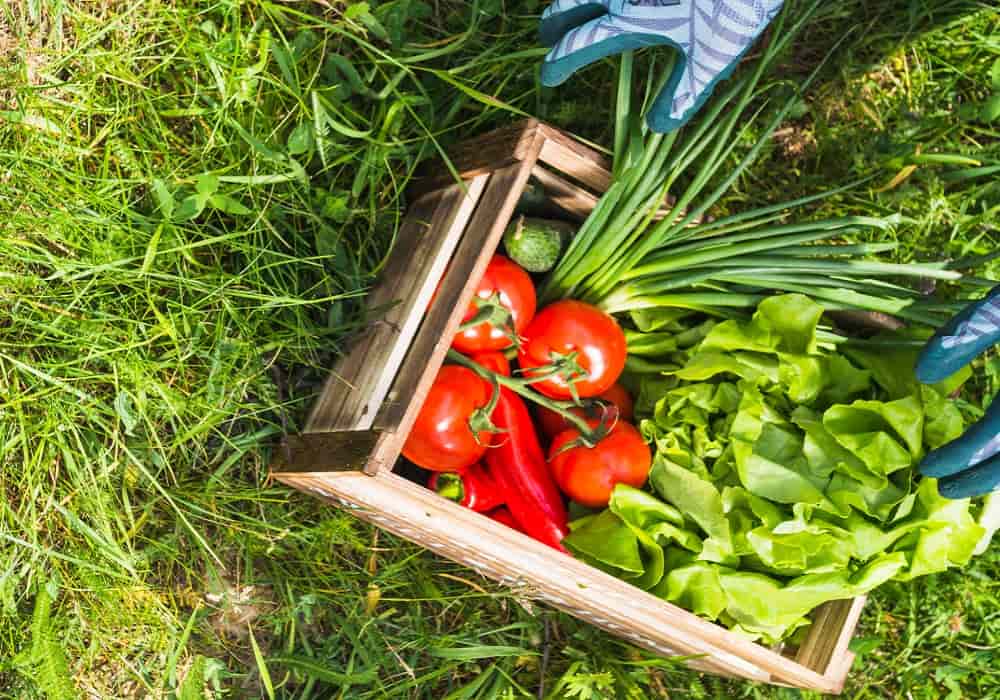Top 10 Inspiring Terrace Vegetable Garden Ideas in India
Urban living often lacks green spaces, but terrace vegetable gardens are revolutionizing city life. With some creativity and effort, you can turn your rooftop into a thriving vegetable garden. Here are the top 10 terrace vegetable garden ideas in India to inspire you to grow your own fresh produce in the city.
1. Vertical Vegetable Gardens
When space is limited, think vertically! Use wall planters, hanging baskets, or vertical racks to cultivate vegetables like spinach, lettuce, and herbs. This method saves space and creates a green wall that looks great.
2. Container Gardening
Containers are perfect for terrace gardening. Use pots, buckets, or recycled items to grow vegetables like tomatoes, peppers, and eggplants. Ensure proper drainage and choose lightweight containers to prevent overloading your terrace.
3. Raised Bed Gardens
Raised beds allow for better soil management and are great for growing various vegetables. You can build these using wood, bricks, or other materials. Common choices for raised beds are carrots, radishes, and leafy greens.
4. Hydroponic Systems
Hydroponics is a modern, soil-less method that’s becoming popular in India. Using nutrient-rich water, you can efficiently grow vegetables like lettuce, basil, and cucumbers. This approach saves space and is eco-friendly.
5. Herb and Salad Corners
Set aside a section of your terrace for herbs and salads. Grow mint, coriander, parsley, and basil, alongside salad greens like arugula and lettuce. These plants require little maintenance and are perfect for daily cooking.
6. Mixed Vegetable Patch
Develop a diverse vegetable patch by growing a variety of vegetables together. Combine crops like beans, okra, and spinach for a vibrant garden. Companion planting can help repel pests and enhance yields.
7. Fruit and Vegetable Vines
Utilize vertical structures like trellises and nets to grow climbers and vines such as gourds, beans, and peas. These plants optimize space and add visual appeal to your garden.
8. Organic Compost Integration
Integrate organic composting into your terrace garden. Use kitchen waste to produce compost that nourishes your vegetables naturally. A compost bin not only reduces waste but also ensures chemical-free crops.
9. Smart Irrigation Systems
Install drip irrigation or self-watering planters to maintain ideal moisture levels. This is especially important in India’s hot climate, where consistent watering is essential for healthy vegetable growth.
10. Seasonal Vegetable Rotation
Enhance your garden’s productivity by rotating seasonal vegetables. In summer, plant tomatoes, chilies, and cucumbers; in winter, choose carrots, spinach, and cauliflower. Seasonal rotation guarantees continuous harvests year-round.
Why Opt for Terrace Vegetable Gardening in India?
Terrace vegetable gardens provide more than just fresh ingredients. They help mitigate the urban heat island effect, enhance air quality, and encourage a sustainable lifestyle. As awareness of organic produce and self-sufficiency grows, many are choosing terrace gardening.
Successful Terrace Vegetable Gardening Tips
- Soil and Fertilizer: Utilize nutrient-rich soil and organic fertilizers for optimal plant growth.
- Sunlight: Make sure your terrace receives 4-6 hours of sunlight each day, which is essential for most vegetables.
- Pest Control: Employ natural solutions like neem oil or garlic sprays for pest management.
- Drainage: Effective drainage is crucial to avoid waterlogging and root decay.
Conclusion
Terrace vegetable gardening promotes a healthier, more sustainable lifestyle. In urban areas with limited outdoor space, a rooftop garden serves as a retreat for nature enthusiasts, providing fresh, organic produce and enhancing self-sufficiency.
The top 10 inspiring terrace vegetable garden ideas in India cater to diverse preferences, from compact vertical gardens to modern hydroponic systems. Implementing these ideas can transform your terrace into a productive and attractive area.
These gardens not only yield an abundance of fresh vegetables but also lower your carbon footprint, enhance air quality, and create a serene environment amidst urban hustle. Additionally, growing your own food allows you to control what goes into your meals, fostering better health and sustainability.
